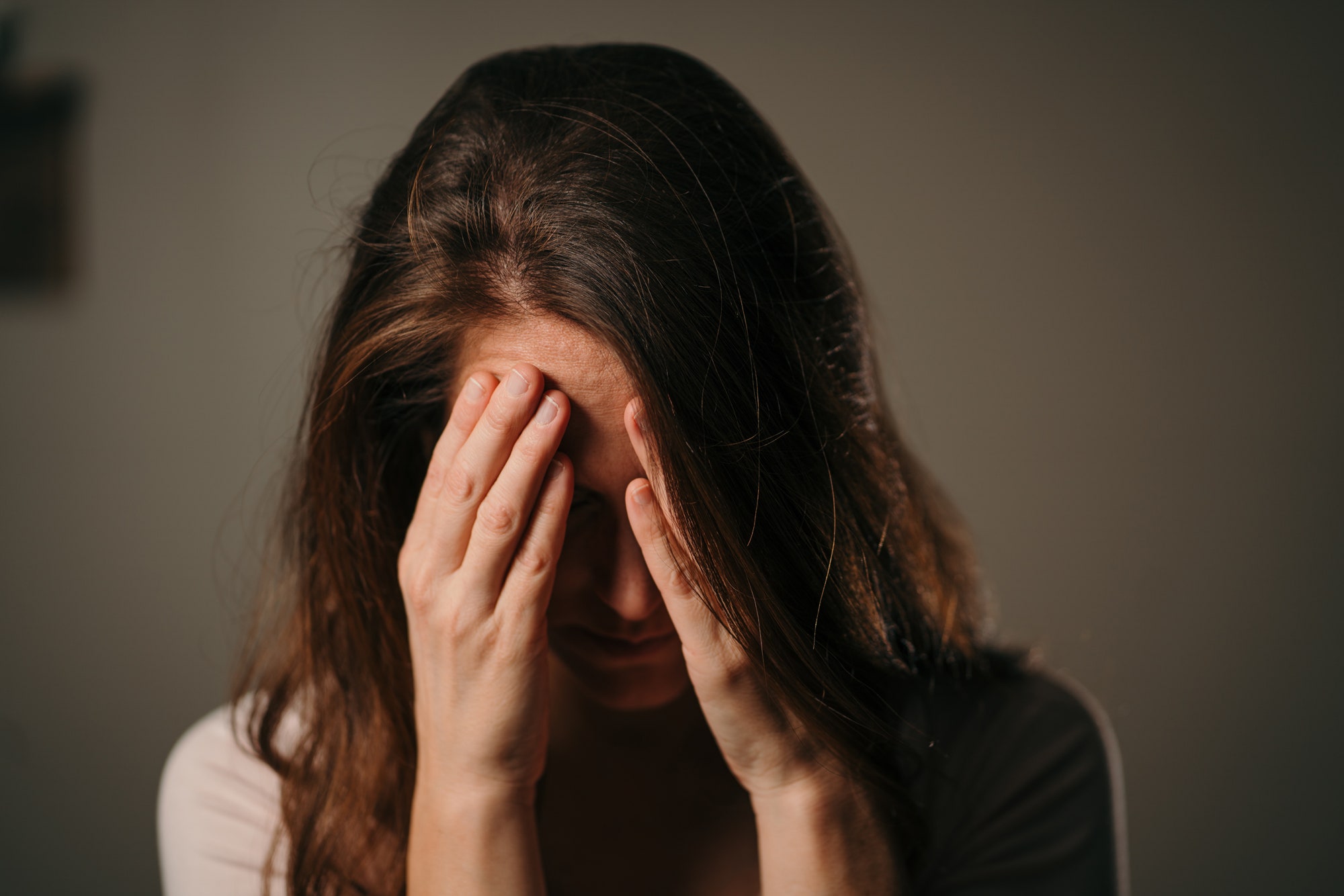Why Women Get Migraines More Than Men
1. Hormonal fluctuations: Women experience hormonal changes throughout their menstrual cycle, pregnancy, and menopause, which can trigger migraines.
2. Genetics: Research suggests that migraines have a genetic component, and women may be more likely to inherit the gene linked to migraines.
3. Stress and anxiety: Women are more likely to experience stress and anxiety, which are common triggers for migraines.
4. Hormonal contraceptives: Some birth control methods can increase the frequency and severity of migraines in women.
5. Sensitivity to triggers: Women may be more sensitive to certain migraine triggers such as bright lights, strong smells, or certain foods.
6. Neck and shoulder tension: Women are more likely to hold tension in their neck and shoulders, which can contribute to headaches and migraines.
7. Lack of sleep: Women often juggle multiple roles and responsibilities, leading to lack of sleep, which can trigger migraines.
8. Hormonal changes during menopause: Fluctuating hormone levels during menopause can increase the frequency and severity of migraines in women.
9. Migraine patterns: Women may experience different migraine patterns than men, such as menstrual migraines or migraines associated with hormonal changes.
10. Societal influences: Women may be more likely to downplay their symptoms or delay seeking treatment for migraines due to societal expectations or gender norms.

